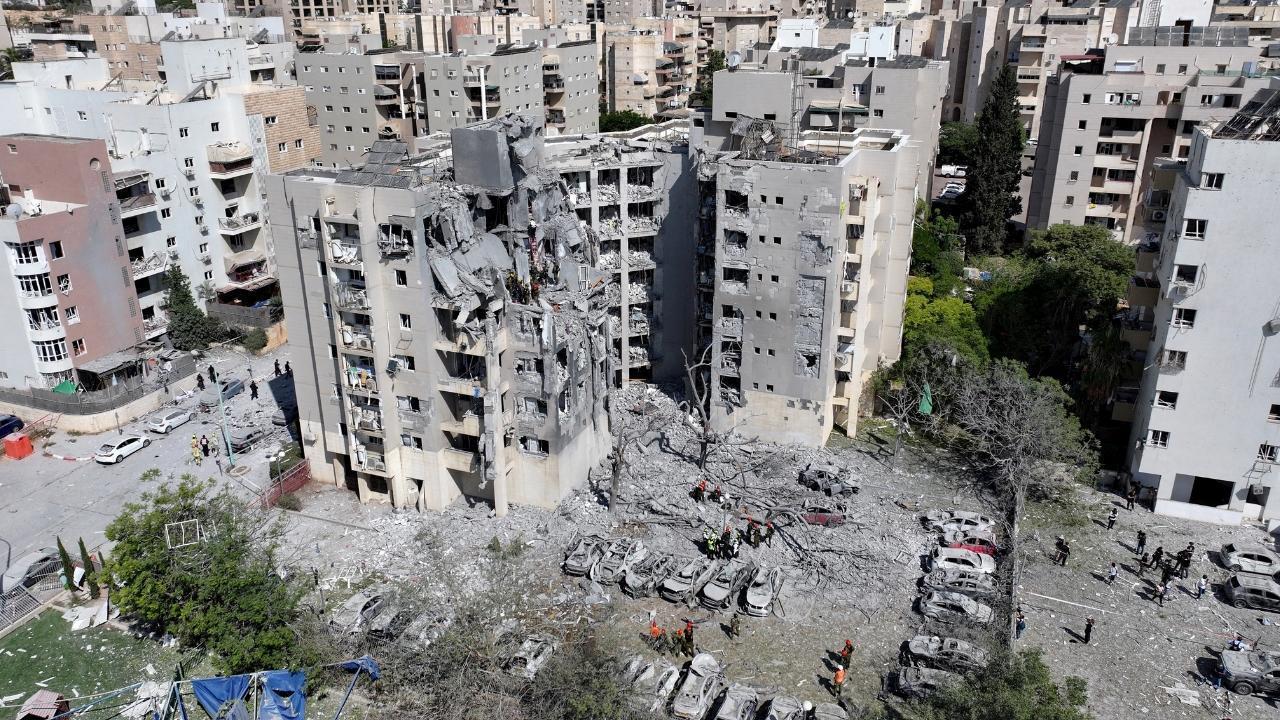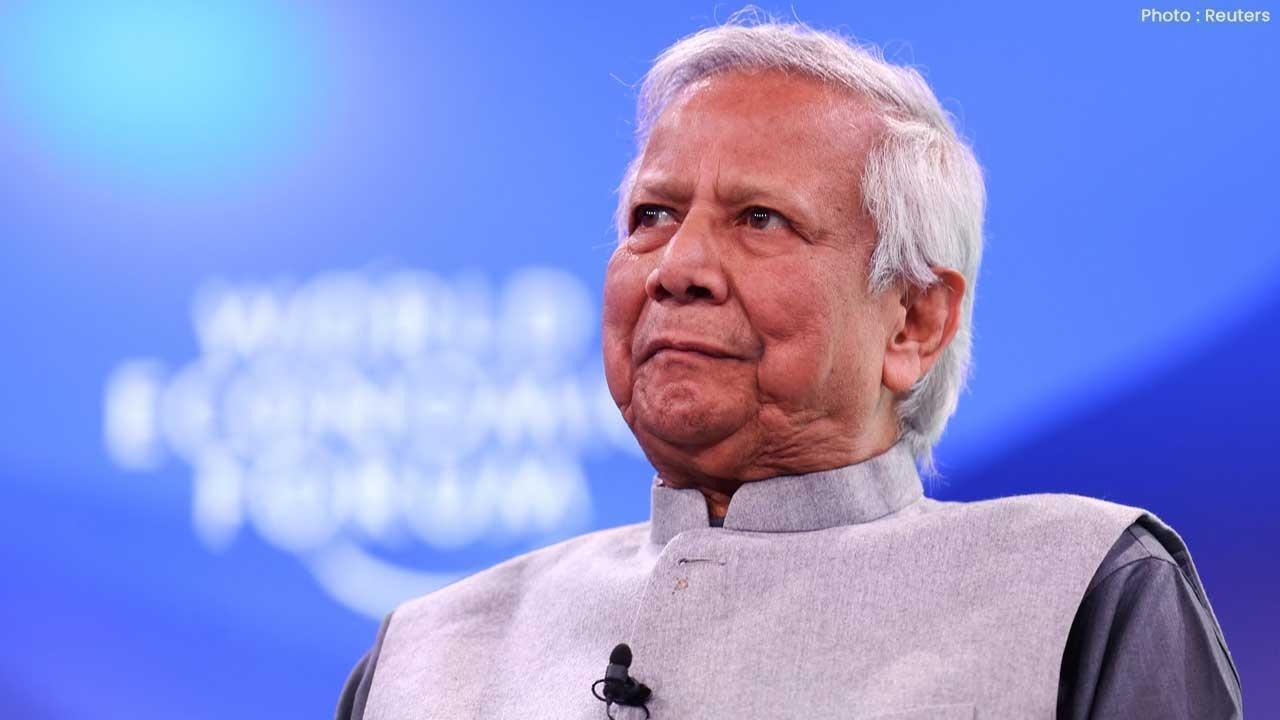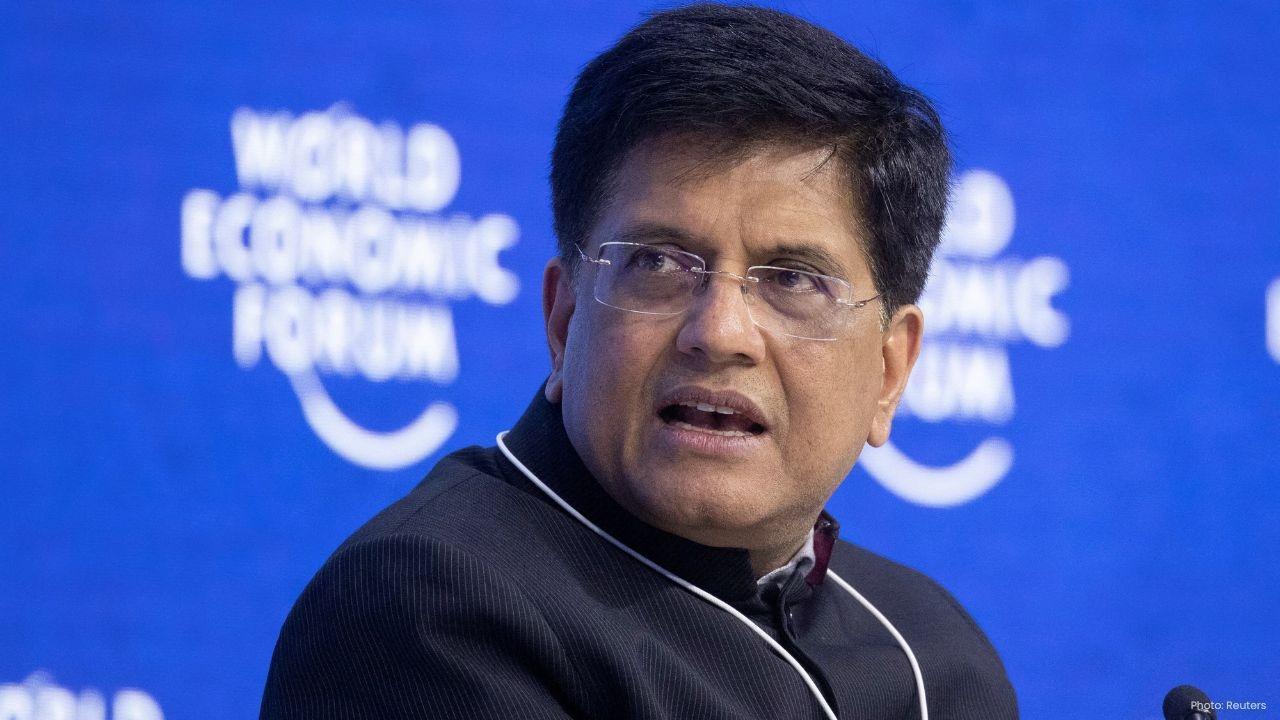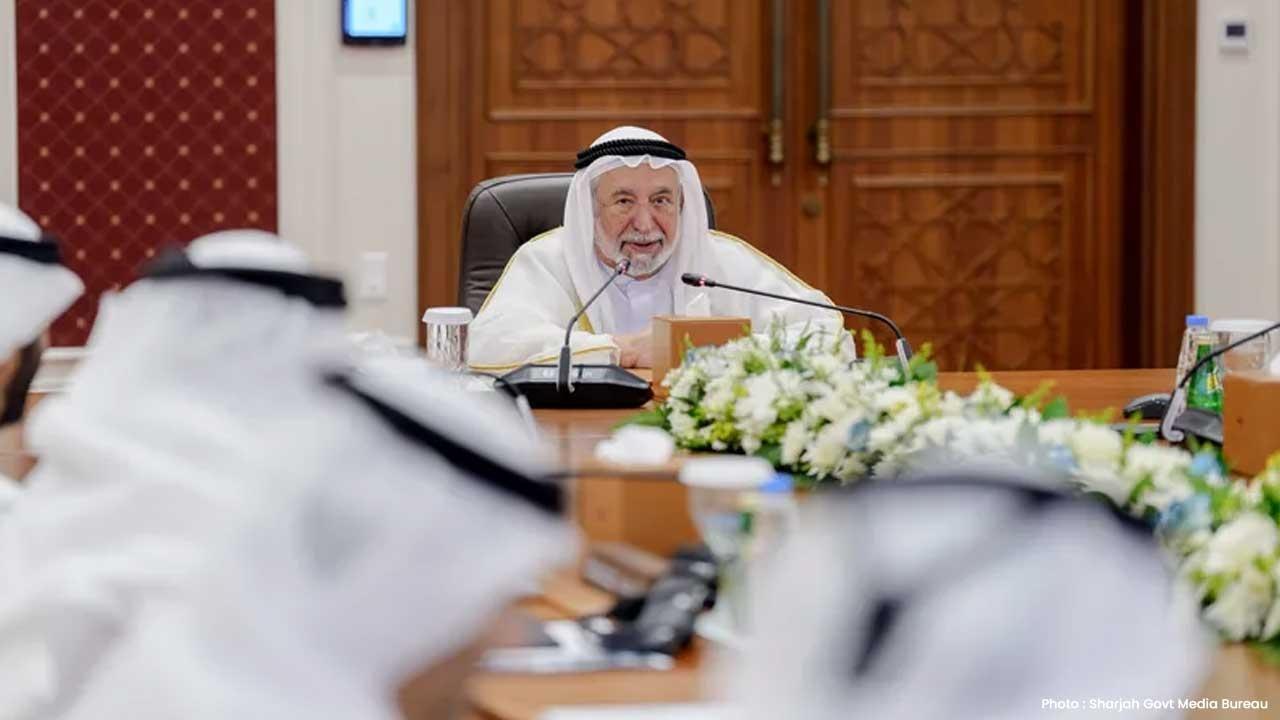
Post by : Monika
Photo : Reuters
Israel has shared an idea to build a "humanitarian city" in the southern part of Gaza. The plan is to move about 600,000 Palestinians—mostly from the al-Mawasi area—into a fenced and controlled area near Rafah, which is close to the border with Egypt. This area would be guarded, either by Israeli forces or possibly by international peacekeepers.
The goal, according to Israel, is to give civilians a safer place to live, away from danger, and to make it harder for groups like Hamas to control the people. But many experts, leaders, and human rights groups in Israel and around the world say the plan lacks real details. Some are worried it may become a forced relocation, with people being moved whether they agree or not. Some have even compared it to ethnic cleansing or past wartime prison camps.
Who Came Up with This Idea?
The idea first came from Israel's Defense Minister, Israel Katz. Later, the Prime Minister’s office also began talking about it. While some Israeli leaders seem to support the idea, others are still unsure about how it would really work or if it’s even possible.
How Many People Could Be Moved?
At the start, the plan talks about relocating around 600,000 Palestinians. But some believe that, if the plan grows, it could end up including most or even all of Gaza’s population—over two million people.
Where Would They Be Moved To?
The place planned for this city is the ruined area of Rafah. It’s right next to Egypt. The city would be fenced off and kept under close watch. Once people are moved into the city, it may be very hard—or even impossible—for them to leave.
Who Would Run the City?
According to Katz, this new city would not be controlled by the Israeli military, but by international peacekeepers. However, it's not clear which international group would take on this job, and no country or group has officially agreed to manage it.
Why Is Israel Suggesting This?
1. To Protect Civilians:
Israeli leaders say they want to protect Palestinian people from fighting. In this safe area, there could be homes, schools, clean water, medicine, and other important services.
2. To Pressure Hamas:
By moving civilians away from the control of Hamas, Israel hopes to reduce the group’s power. Some people believe the plan is being used as part of a bigger effort to reach a peace deal or to push Hamas into hostage talks.
3. To Help Deliver Aid:
If a large number of people are in one spot, international aid groups may find it easier to bring in food, water, and medical supplies. That’s another reason Israeli officials say this city might work.
What Are the Problems With the Plan?
1. No Clear Plan Yet:
Military and government experts in Israel say there is no full plan. There are many legal, financial, and practical problems. For example, how would they bring in enough clean water, electricity, toilets, food, medicine, and other needs for so many people? The cost of such a project could be $3 to $4.5 billion.
2. Fears of Forced Displacement:
Many people are worried that Palestinians might not have a choice. They might be pushed out of their homes with no way back. Some say this could break international laws that protect civilians. Human rights lawyers say it could even be compared to forcing people into closed camps just because of who they are.
3. Global Condemnation:
The United Nations, European Union, and top human rights groups have strongly spoken out against this idea. They say moving civilians without their agreement goes against the Geneva Conventions and international law.
4. Where Would People Go Next?
There’s also a worry that this “city” could be just a step to push Palestinians out of Gaza forever. Katz, the Defense Minister, even said he would like to see people emigrate. But no country has agreed to take them in.
What Does Israel’s Army Say?
Not Ready to Support the Plan:
The Israeli military has many doubts. They say the plan is too expensive, hard to carry out, and full of legal risks. Some commanders also worry it would be too stressful for soldiers to guard so many civilians every day.
Government Response:
Prime Minister Netanyahu says that no one will be forced out of their homes. But even some lawyers inside Israel's army still worry the idea may go against both Israeli and international laws.
How Does This Fit Into Peace Talks?
This idea is also tied to peace talks between Israel, Hamas, the United States, and other countries. A recent proposal supported by the U.S. includes a 60-day ceasefire, the return of Israeli hostages, and Israeli forces pulling back from Gaza.
Some believe that Israel made the humanitarian city plan public to pressure Hamas or to gain support from far-right politicians within the Israeli government.
What Could Happen Next?
1. The Plan Is Still Just an Idea:
There is no final design, no clear budget, and no agreement on who would run the city. So far, it remains a big idea with no clear steps on how to make it real.
2. Growing Opposition:
More and more groups across the world are speaking against the plan. Legal experts, rights organizations, and global leaders say it must not happen unless people are fully protected and given choices.
3. Humanitarian Risks Are High:
Gaza is already suffering. Many people have lost their homes. There's a lack of food, water, electricity, and medical care. Forcing thousands more to move could make things even worse.
4. Peace Talks Are Ongoing:
Leaders from different countries are still talking. Qatar and the U.S. are helping with these talks. Until a full agreement is reached, this idea remains uncertain.
The plan to build a humanitarian city in southern Gaza is one of the most talked-about ideas right now. It could affect the lives of hundreds of thousands of people.
Supporters say it could keep civilians safe, reduce Hamas’s control, and make aid delivery easier. But critics say it could lead to forced displacement, break laws, and create even more suffering.
Right now, it’s not clear what will happen. Many around the world are watching and waiting. Everyone hopes that whatever steps are taken will lead to peace, safety, and dignity for the people of Gaza.










Shreyas Iyer Under Intensive Observation in Sydney After Rib Injury
India vice-captain Shreyas Iyer is in a Sydney ICU following internal bleeding from a rib injury sus

NBA Friday Recap: Powerhouse Wins for Miami, LA, Milwaukee, and Clippers
Miami, LA Lakers, Milwaukee, and Clippers triumphed in a thrilling NBA Friday, showcasing standout p

Doncic Shines with 49 Points in Lakers' 128-110 Victory over Timberwolves
Luka Doncic dazzles with 49 points as the Lakers secure a 128-110 win against the Timberwolves, show

Kings Triumph Over Jazz 105-104 with Last-Minute Sabonis Effort
The Sacramento Kings edged out the Utah Jazz 105-104, with Domantas Sabonis making the decisive shot

Argentina's Friendly Match Against India Delayed, New Date to be Announced
The friendly match between Argentina and India in Kochi has been postponed due to FIFA approval dela

Rohit and Kohli Conclude ODI Journeys in Australia with a Victory
Rohit Sharma and Virat Kohli bid adieu to Australian ODIs with a final win, forming a 168-run partne